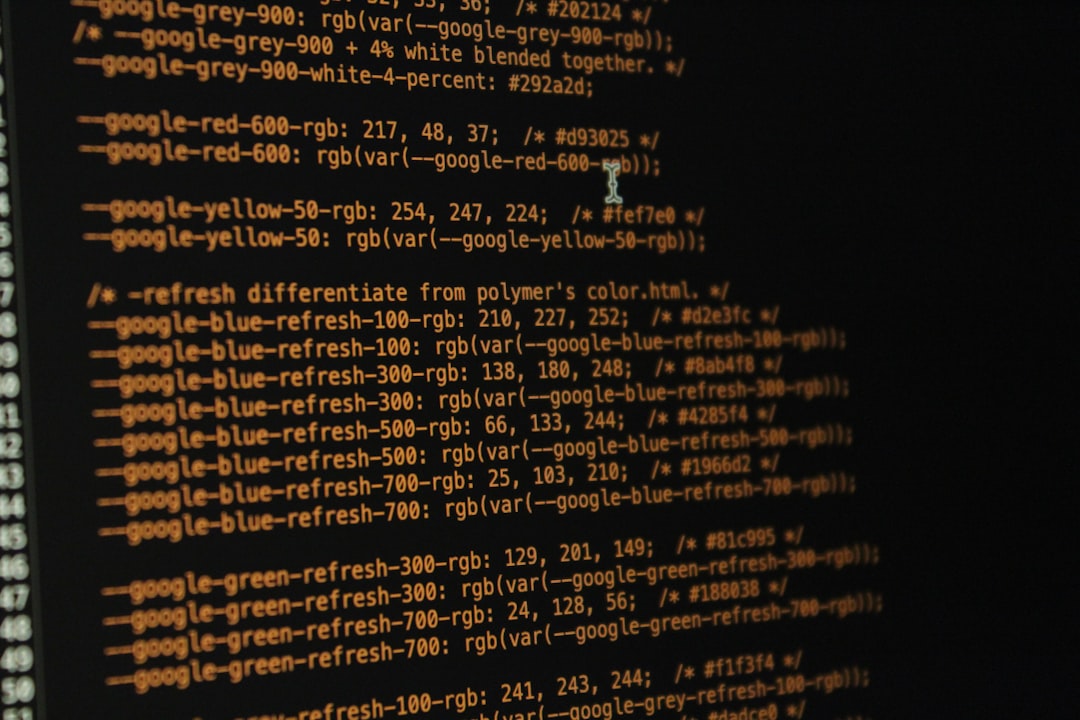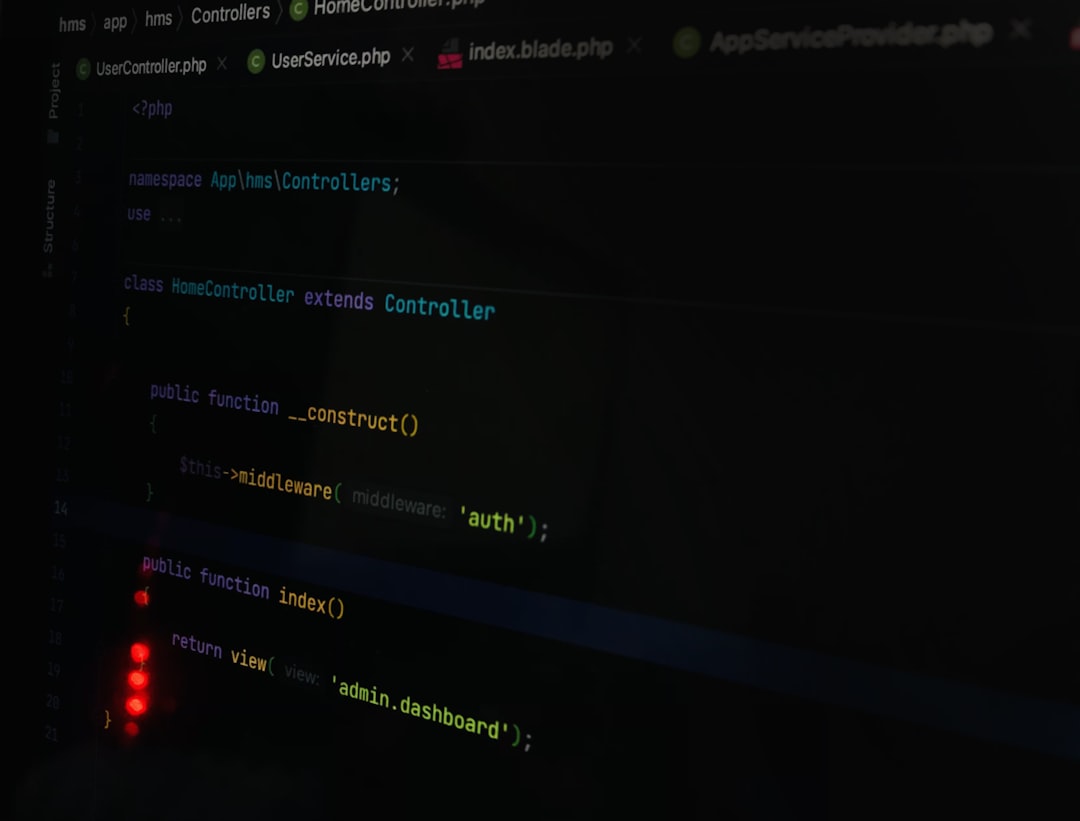On the surface, search queries like “down ext:php” may appear to be harmless or merely technical in nature. However, cybersecurity experts and digital forensics analysts often raise red flags when such search patterns emerge. These search terms frequently indicate behaviors associated with unauthorized access, exploitation attempts, or reconnaissance for vulnerabilities on websites and servers.
Understanding why these types of searches are suspicious requires a basic grasp of how web technologies work and how malicious actors leverage publicly accessible information online to locate potential targets. By examining the roots and intent behind this form of keyword search, we can uncover the potential dangers lurking beneath the surface.
What Does “down ext:php” Even Mean?
To dissect the phrase, let’s break it into its two parts:
- “down” – This part of the phrase often refers to a server, application, or website being offline, unavailable, or experiencing an error.
- “ext:php” – This is a search operator used primarily in search engines (like Google) to find files with the .php extension. PHP is a widely-used scripting language for backend development, and its files control much of the server-side functionality of a website.
When combined, the phrase “down ext:php” typically denotes an individual’s intent to locate publicly accessible PHP files from sites or platforms that may be experiencing functionality issues or errors. These could be error pages, unprotected admin login panels, code dumps, or even debug pages accidentally left online.

Why Is This Type of Search a Red Flag?
There are several reasons cybersecurity experts find phrases like “down ext:php” concerning:
1. Targeting Vulnerable Applications
Hackers often search for vulnerable systems using search engines. By narrowing search results to include only PHP files, they can identify potential web assets that might reveal sensitive information or expose security loopholes. If the server is already “down” or malfunctioning, it might indicate a weak or misconfigured system — a ripe target for exploitation.
2. Discovery of Error Pages with Sensitive Info
PHP error pages sometimes contain stack traces, file paths, or even visible database connection credentials. Attackers can leverage such information to launch more precise attacks, including SQL injection or remote code execution.
3. Indexed Code and Configuration Files
Search engines index an amazing amount of content — sometimes even files developers never intended to expose. Misconfigured web servers without proper access restrictions may leak code files that contain sensitive functions or logic. A bad actor using “ext:php” searches may be seeking precisely such files.
4. Automated Reconnaissance
Many hacking campaigns use bots or scrapers that replicate these kinds of searches automatically, gathering thousands of unprotected files within hours. Even those who are not technically skilled can find pre-built search strings online and use them to engage in shallow-level reconnaissance.
How “Google Dorks” Turn Into Security Nightmares
What many don’t realize is that search queries like “down ext:php” are part of a broader category of techniques referred to as “Google Dorking” or “Google Hacking.” This is the practice of using advanced search operators to find security flaws, misconfigurations, or improperly indexed content on the web.
For example:
- ext:php intitle:”index of” — May reveal directories containing PHP files.
- inurl:login.php — May point to login portals that are exposed online.
- ext:sql “insert into” — Can reveal exposed SQL files with sample or live data.
Many tools and websites have even compiled huge libraries of such “dorks” to help black hat attackers find new targets in minutes.

Real-Life Consequences of These Searches
In the wild, exploiters frequently use such search techniques against small businesses, hobby sites, and personal blogs that may lack in-depth security implementation. Unfortunately, the consequences can be devastating, including:
- Identity Theft – If attackers gain access to user databases or admin panels.
- Defacement – Hackers altering the content of a website for fun, political messaging, or malicious intent.
- Command and Control – Taking control of the server to distribute malware or launch further attacks.
- Legal Ramifications – Website owners can be held responsible if their compromised servers are used to harm others.
What Can Website Owners Do to Protect Themselves?
Website and server administrators can defend against such threats by implementing a few key measures:
1. Strong Access Controls
Protect PHP admin panels and sensitive scripts with unique usernames, strong passwords, and IP whitelisting. Never leave exposed panels available via unauthenticated URLs.
2. Disable Directory Indexing
Ensure your web server is configured to block directory listing. This prevents attackers from discovering files just by accessing bare folders via the browser.
3. Apply Proper Robots.txt Rules
Use the robots.txt file to prevent search engines from indexing folders or pages that shouldn’t appear in Google results, especially admin paths or code samples.
4. Keep Software Updated
Outdated plugins, frameworks, or custom scripts present easy targets for automated attacks. Apply security patches and updates regularly.
5. Monitor Search Engine Logs
Be proactive. Monitor how your site is being indexed or if sensitive files are accidentally publicly accessible by using “site:yourdomain.com ext:php” searches regularly.
Why Is Awareness So Crucial?
Not all security gaps result from malicious intent or poor coding. Sometimes it’s a matter of ignorance — a lack of knowledge of how public search queries can aid attackers. Raising awareness about the risks behind search terms like “down ext:php” ensures developers, administrators, and even end-users stay one step ahead of potential threats.
In today’s digital landscape, where information is both a resource and a vulnerability, understanding how hackers look for weaknesses is pivotal. Tools like Google, when misused, become compasses guiding attackers directly to your digital doorstep.
Frequently Asked Questions (FAQ)
-
Q1: Is it illegal to use “down ext:php” in a Google search?
A: Performing the search itself is not illegal. However, using the results to gain unauthorized access to systems or data is definitely illegal and unethical. -
Q2: Can a website block such searches?
A: A site can’t block users from searching on external platforms like Google, but it can prevent sensitive files from being indexed using proper server headers and robots.txt rules. -
Q3: What does “ext:php” actually do in a search engine?
A: It filters results to only show pages or documents with a .php file extension, which are generally server-side scripts used in web development. -
Q4: Are other similar search strings also dangerous?
A: Yes. Variants like “ext:sql”, “inurl:admin”, or “intitle:index of” can also expose sensitive files or entry points to malicious actors. -
Q5: How do I know if my site is vulnerable?
A: Regular security audits, vulnerability scanning tools, and reviewing what files are indexed on search engines via “site:yourdomain.com” can help detect exposure.
Developers and site owners are encouraged to think like attackers not to mimic them, but to better defend against them. As search engines grow more powerful, so too must our strategies to protect sensitive assets from being discovered and abused.
